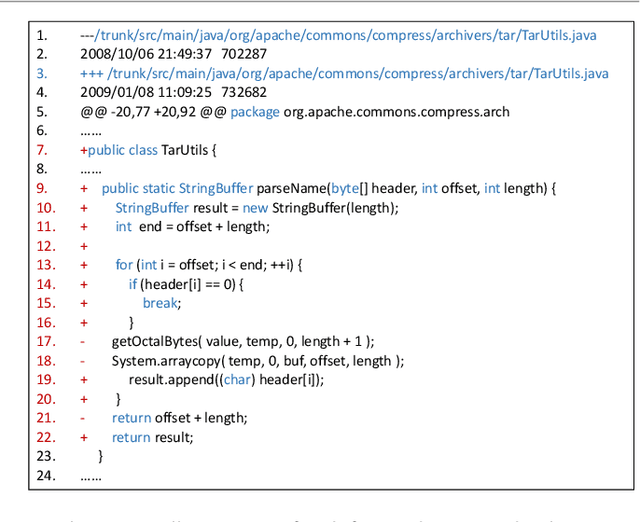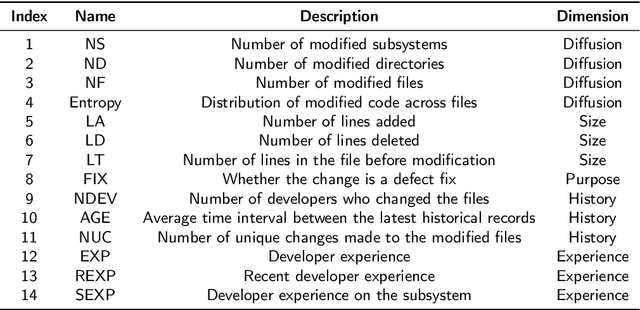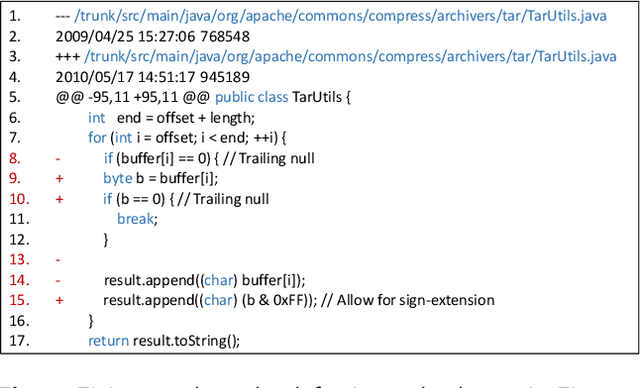Just-In-Time Software Defect Prediction via Bi-modal Change Representation Learning
Paper and Code
Oct 15, 2024



For predicting software defects at an early stage, researchers have proposed just-in-time defect prediction (JIT-DP) to identify potential defects in code commits. The prevailing approaches train models to represent code changes in history commits and utilize the learned representations to predict the presence of defects in the latest commit. However, existing models merely learn editions in source code, without considering the natural language intentions behind the changes. This limitation hinders their ability to capture deeper semantics. To address this, we introduce a novel bi-modal change pre-training model called BiCC-BERT. BiCC-BERT is pre-trained on a code change corpus to learn bi-modal semantic representations. To incorporate commit messages from the corpus, we design a novel pre-training objective called Replaced Message Identification (RMI), which learns the semantic association between commit messages and code changes. Subsequently, we integrate BiCC-BERT into JIT-DP and propose a new defect prediction approach -- JIT-BiCC. By leveraging the bi-modal representations from BiCC-BERT, JIT-BiCC captures more profound change semantics. We train JIT-BiCC using 27,391 code changes and compare its performance with 8 state-of-the-art JIT-DP approaches. The results demonstrate that JIT-BiCC outperforms all baselines, achieving a 10.8% improvement in F1-score. This highlights its effectiveness in learning the bi-modal semantics for JIT-DP.
 Add to Chrome
Add to Chrome Add to Firefox
Add to Firefox Add to Edge
Add to Edge